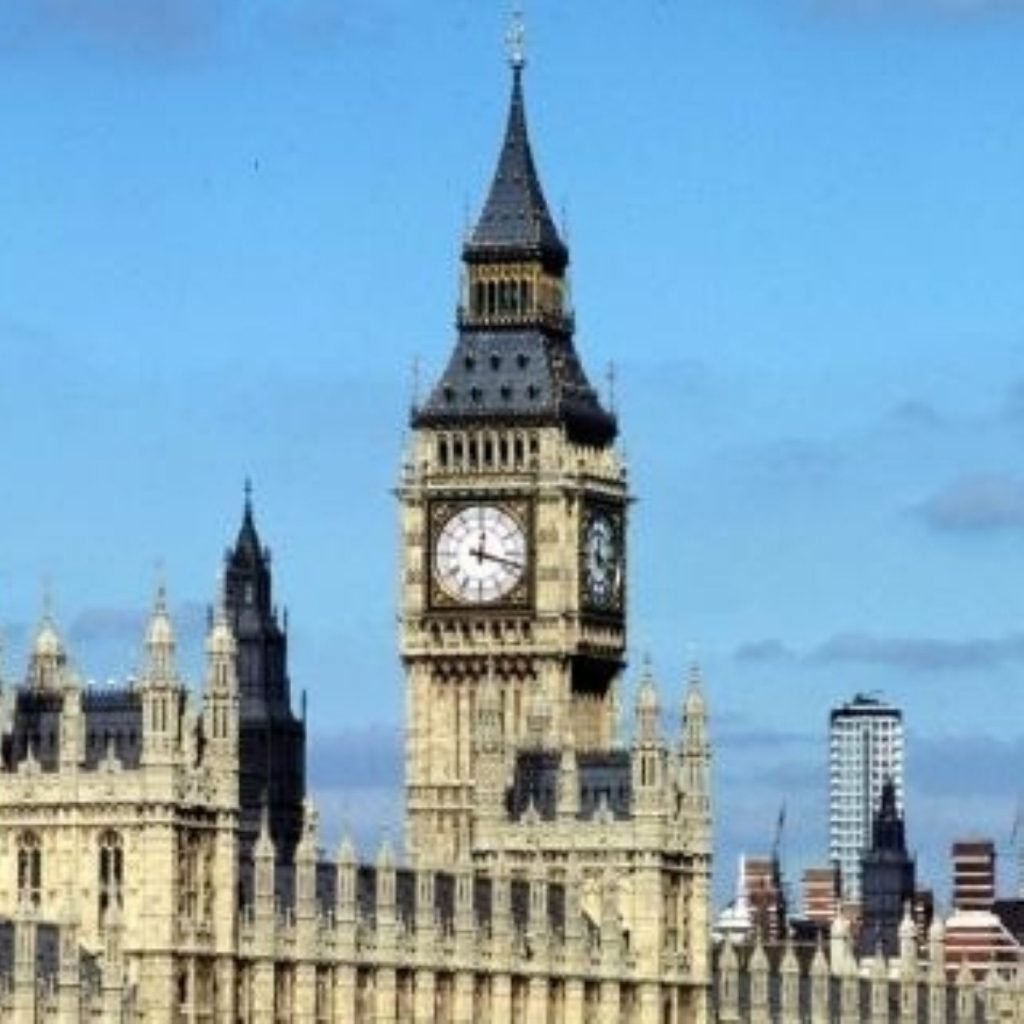Don’t rush constitutional change, leaders told
By Alex Stevenson
Rushed legislation like the Parliamentary Standards Act poses a grave threat to fundamental principles of Britain’s constitution, MPs have warned.
The Commons’ justice committee said today the legislation brought through the Commons and Lords before the summer recess in response to the MPs’ expenses scandal should act as a warning sign for future attempts at reform.
The government has a strong agenda for constitutional reform and is consulting on issues like lowering the voting age, electoral reform and creating a written constitution until November.


It will then press ahead with the constitutional reform and governance bill, currently in draft form.
Today’s report from the justice committee says the Parliamentary Standards Act was “rushed through” the Commons and that “insufficient time for adequate scrutiny” could damage public trust as a result.
It notes the “potential constitutional consequences” flagged up by many experts as it passed through parliamentary scrutiny. The bill could have affected parliamentary privileges by creating a clash between the judiciary and MPs. Other measures like a mandatory code of conduct for MPs were abandoned.
The report accuses frontbenchers from both sides of the House of playing politics with the nation’s constitutional reform.
It objects to the November deadline for reform, which it says is too soon for issues of such importance, and criticises David Cameron and Gordon Brown for succumbing to the temptations of short-term political advantage.
“This should serve as a warning about the dangers of undertaking reform too quickly, and without adequate consultation to enable a full and thorough investigation of the constitutional implications,” the report concluded.
“It also illustrates the danger of party leaders, however much they are responding to the public’s appetite for immediate and radical action, engaging in a bidding war on reform.”
Committee chairman Sir Alan Beith said the issues at stake were being twisted further by the current government’s inclination to undermine some of the changes.
“We are seeing a rush to legislate, and other changes – for example through the appointment of so many life peers to serve as ministers – which run counter to the direction of reforms which had already been widely agreed,” he said.
Mr Brown has appointed 11 people to be life peers so they could serve as ministers or advise the government.
The report said: “These measures accentuate a trend towards an appointed second chamber, contrary to the view expressed by the three main parties and by the House of Commons.
“Moreover, it is likely to lead to a continuous trend in future governments appointing peers in order to rebalance the numbers and this is unsustainable.”









